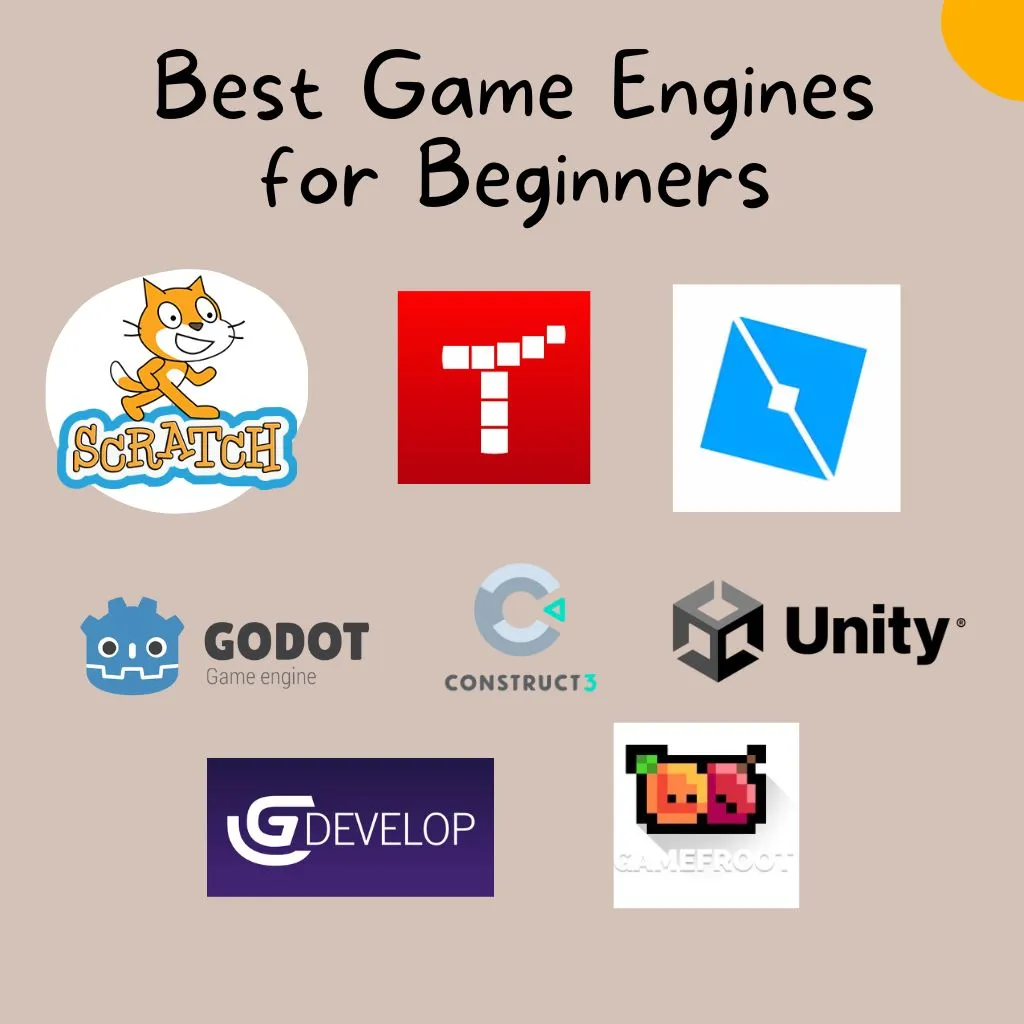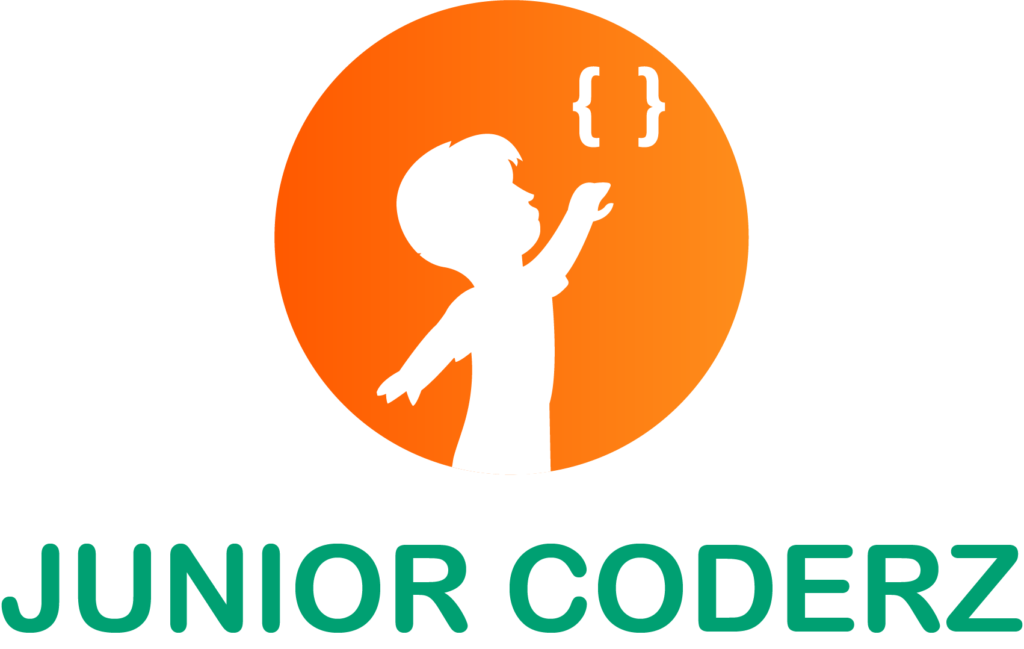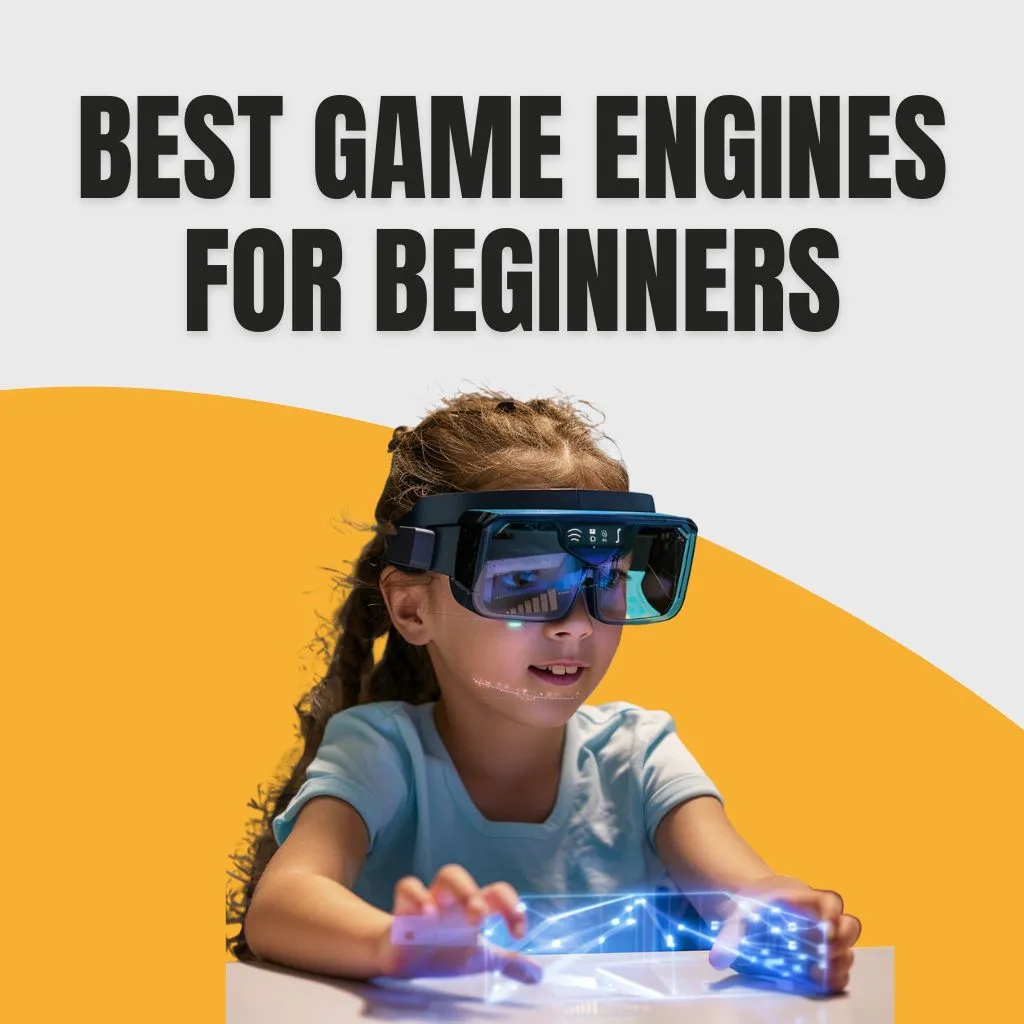Game development is no longer a skill reserved for professional programmers or elite studios. Today, kids and teens across the globe are diving into coding adventures, building their own games, and gaining essential tech skills along the way. Thanks to modern game engines for beginners, even a child as young as six can start building vibrant 2D worlds, create animated characters, or launch mini-games on mobile with just a few clicks. Game design has evolved into a powerful learning experience that is fun, educational, and creative.
But with so many tools out there, how do you choose the right one? Whether your child dreams of building the next hit mobile game or just wants to explore how games are made, the easiest game engine can make all the difference. In this guide, we explore the best kid-friendly game engines that balance power, ease of use, and educational value. Some might surprise you, especially the one that lets you create games without writing a single line of code!
Why Game Engines Matter for Young Developers
A game engine is much more than a tool. It’s the creative foundation behind every video game your child plays. Think of it as the digital studio where every element of a game comes to life: characters move, environments react, buttons respond, and sounds play. All thanks to the engine working behind the scenes. Whether it’s 2D animation, mobile interactivity, or simple logic-based puzzles, a good game engine streamlines the entire process so kids can focus on designing rather than debugging.
But what makes game engines for beginners truly powerful is their ability to translate complex concepts like loops, conditionals, and event triggers into simple visual actions. Through drag-and-drop coding or intuitive visual interfaces, children begin to understand the core logic that powers digital games. This builds a strong foundation in problem-solving, sequencing, and computational thinking skills that go far beyond game design.
The best part? While kids think they’re just “making a game,” they’re actually learning how to plan, code, test, and troubleshoot—key steps in any game design for kids program. These are the same skills professional developers use, but presented in a fun, age-appropriate, and motivational way.
In fact, learning game development through engines also encourages:
- Creativity: Kids design characters, storylines, and rules.
- Critical thinking: They debug issues and test logic paths.
- Digital literacy: Early exposure to structured problem-solving tools.
- Confidence: Seeing their game work is incredibly rewarding and builds self-esteem.
Whether your child is using a Python game engine like Godot, building a drag-and-drop RPG in Construct, or exploring how to make a game in mobile, the right engine can turn their curiosity into creation. And who knows—today’s Scratch project could be tomorrow’s best-selling app!
What to Look for in a Kid-Friendly Game Engine
When evaluating game development engines for children and teens, keep these in mind:
- Visual coding or drag-and-drop interfaces
- Age-appropriate tutorials and community support
- Multiplatform support (especially for mobile)
- Creativity-first approach over technical depth
Best Game Engines for Beginners (Kid-Approved)

1. Scratch – The Visual Code Playground (Ages 6–12)
- Best for: Absolute beginners
- Why we love it: Scratch uses colorful blocks to introduce programming logic. It’s widely used in schools and encourages storytelling through games.
- Bonus: Built-in community projects for inspiration.
Scratch is one of the most recognized game engines for beginners, offering a vibrant, child-safe platform. Kids can build interactive stories and mini-games without typing any code. With Scratch, even a 7-year-old can become a game designer, learning the foundation of loops, events, and logic effortlessly. It’s a perfect tool for game design for kids just starting out.
2. Tynker – Game Design Meets Learning
- Best for: Learning coding through gaming
- Highlights: Teaches JavaScript and Python through levels and challenges.
- Mobile-ready: Kids can explore how to make games on mobile-friendly platforms.
Tynker combines learning and play. Unlike traditional tools, it gamifies coding by offering quests, puzzles, and themed projects. As children advance, they transition smoothly from block-based coding to real languages like Python, making Tynker a bridge to python game engines and text-based logic. It’s also ideal for classrooms and homeschoolers alike.
3. Roblox Studio – Game Design for Teens & Creators
- Best for: Ages 10+ who love multiplayer games
- Strength: Lua scripting introduces real coding in a fun, social ecosystem.
- Monetization: Teens can earn real income by selling their creations.
More than just a game, Roblox is a creative universe. Roblox Studio allows teens to build games and experiences in a sandbox environment, publish them online, and even monetize them. It teaches logic and scripting in Lua, helping kids understand the workflow behind professional game development engines while engaging in game design for teens with real-world skills.
4. Godot – Open-Source Magic for Indie Coders
- Best for: Older kids or teens ready to explore coding
- Tech edge: Lightweight, 2D-first engine with Python-like scripting.
- Community: Growing global support.
Godot is a hidden gem among python game engines. It’s open-source, completely free, and has a clean interface that’s ideal for young coders who want to get serious. It supports both 2D and 3D games, and the scripting language GDScript is similar to Python perfect for beginners. Godot also promotes modular thinking, which builds strong coding habits early on.
5. Construct 3 – No-Code Game Development
- Best for: Visual learners
- Perks: Drag-and-drop functionality, mobile export, intuitive interface.
- Popular for: Building 2D games for web and mobile.
Construct 3 is one of the easiest game engines for beginners and kids who want to see instant results. It focuses on visual logic and event-based programming with no complex syntax required. Beginners can create polished 2D platformers, puzzles, or even arcade-style games in just a few sessions. It’s cloud-based too, so kids can build and play games anywhere.
6. Unity – Professional-Grade Power for Ambitious Teens
- Best for: Advanced teens (13+)
- Features: 2D/3D support, mobile export, AR/VR development
- Language: C# scripting with extensive documentation
Unity is the go-to game development engine for many indie studios and professionals. While it has a learning curve, teens who’ve outgrown visual tools will thrive here. Unity offers immense creative freedom and supports how to make game in mobile apps, desktop games, and even virtual reality. If your teen wants a career in tech, Unity is a head start.
7. GDevelop – Open-Source & Beginner-Loving
- Best for: All ages with no coding experience
- Interface: Event-based logic, ideal for quick game creation
- Exports to: Mobile, Web, Desktop
GDevelop offers a drag-and-drop editor and event system that is simple yet powerful. It’s one of the few best game development software for beginners that’s also open-source. It requires no installation and supports exporting to multiple platforms. For kids who want freedom to build games quickly, GDevelop removes barriers and boosts creativity.
8. Gamefroot – Classroom-Ready Game Making
- Best for: Schools & classrooms
- Emphasis: Curriculum-based game design with educational modules
- Collaboration: Students can work on shared game projects.
Gamefroot is designed with educators in mind. It blends traditional coding lessons with interactive game creation. Gamefroot is ideal for project-based learning and aligns well with digital curriculum standards. If you’re a teacher or parent looking to bring game design for kids into the classroom, this tool is an excellent choice.
Want to Build on Mobile? Try These!
In today’s world, kids don’t just play games on mobile, they want to make games on mobile too. The good news? There are several intuitive, kid-friendly platforms designed specifically for mobile game development. These tools require little to no prior coding experience and are ideal for beginners who want to jump into mobile creation without the need for complex setups or desktop environments.
1. Buildbox – Drag-and-Drop Brilliance for Beginners
Buildbox is a visual game development engine that lets kids and teens build mobile games without writing a single line of code. Its intuitive drag-and-drop system allows users to choose characters, physics, logic, and effects effortlessly. It’s widely considered one of the easiest game engines for beginners for mobile creation, making it a go-to for aspiring developers who want fast results. Buildbox supports export to Android and iOS, allowing students to publish their creations on the App Store or Google Play.
- Best for: Kids and teens who want fast, polished results
- Great feature: Real-time previews and a marketplace for assets
- Why it stands out: Its zero-code model makes it ideal for early learners and visual thinkers
2. Pocket Code – Program Directly on Your Android Device
Pocket Code is an innovative app that brings visual programming to your mobile device. Kids can build games directly on their Android phones or tablets using a block-based interface similar to Scratch. It’s perfect for on-the-go learners or classrooms with limited access to computers.
- Best for: Younger students using Android devices
- Great feature: Use device sensors (tilt, shake, camera) to build interactive games
- Why it stands out: Teaches coding and logic through a familiar and fun interface
Pocket Code makes game design for kids portable, fun, and creative. Whether designing a bouncing ball game or a maze puzzle, kids gain confidence by seeing instant feedback on their phones.
3. Thunkable – Mobile App Creation with No Code Needed
Thunkable is a cross-platform, no-code tool that allows users to design and publish interactive mobile apps and games. Using drag-and-drop blocks similar to Scratch and MIT App Inventor, Thunkable is great for slightly older kids and teens interested in both games and practical apps.
- Best for: Kids 10+ who want to build mobile apps and games
- Great feature: Live preview, native device access (camera, GPS, sensors)
- Why it stands out: Offers real-world mobile app development experience
Thunkable teaches kids how apps and games come together, making it a strong foundation for those looking to transition from simple drag-and-drop tools to real-world app development frameworks.
Tips to Help Your Child Succeed in Game Design
- Start with short projects—avoid overwhelming complexity
- Use tutorials together to build teamwork
- Join child-safe coding communities like JuniorCoderz
- Celebrate each published game—even the buggy ones!
The Junior Coderz Advantage
At JuniorCoderz, we don’t just teach tools—we build confidence. Our age-based curriculum introduces kids to real-world game design for kids with hands-on projects, mentorship, and fun.
Free project templates
Safe learning environment
One-on-one support
Beginner to advanced paths
Ready to launch your child’s game dev journey? Join our beginner game coding classes now!
Final Thoughts
Choosing the right game engine for beginners can set your child up for a creative and rewarding learning path. Whether you’re nurturing a 7-year-old explorer or a 14-year-old aspiring game designer, there’s a perfect platform waiting to be discovered. Let JuniorCoderz be your guide on this exciting journey from player to creator.
FAQs
Q. What is the easiest game engine for kids to start with?
Scratch and Tynker are great entry points, especially for visual learners.
Q. Can kids make mobile games?
Yes! Engines like Construct, Buildbox, and Thunkable allow mobile exports.
Q. What’s the best game development software for beginners aged 10+?
Roblox Studio and Godot strike the perfect balance of power and usability.
Q. Do kids need to know coding?
Not at first—many engines offer visual scripting before diving into real code.
Q. Is Python good for game development?
Absolutely. Python-based engines like Pygame and Godot are beginner-friendly and fun.

